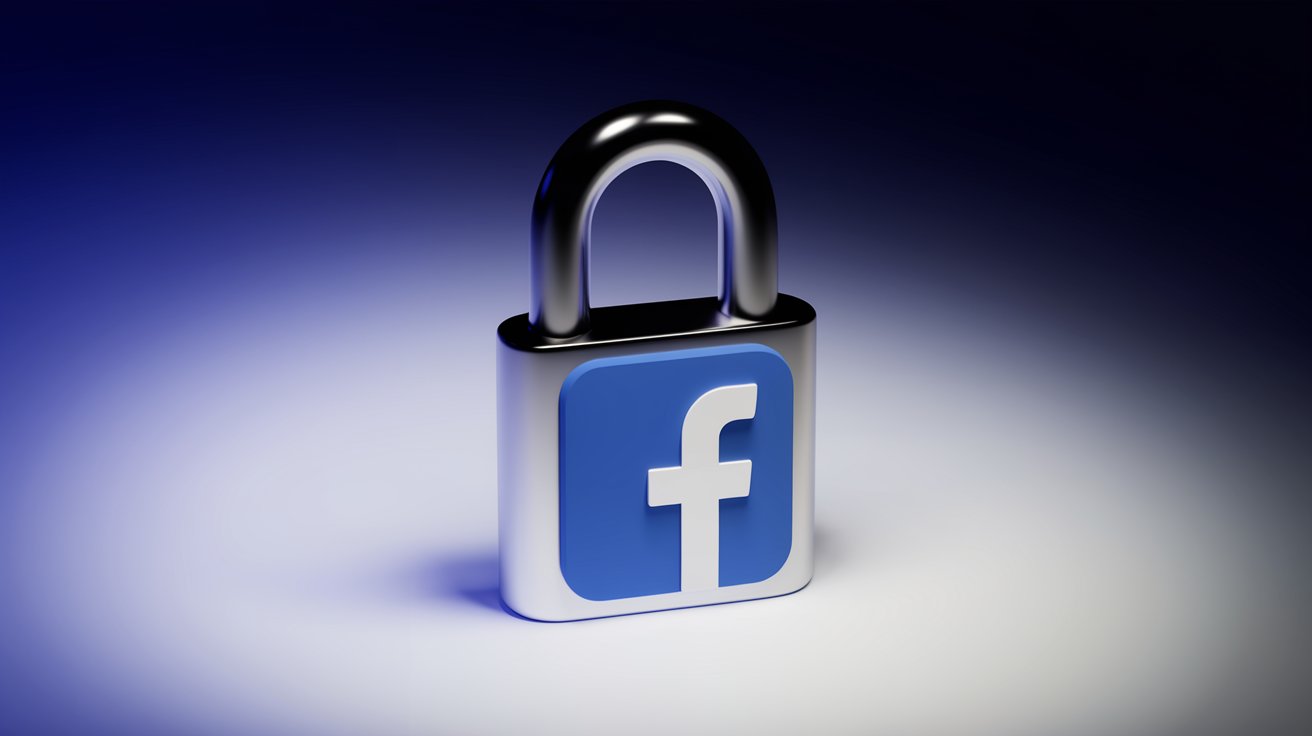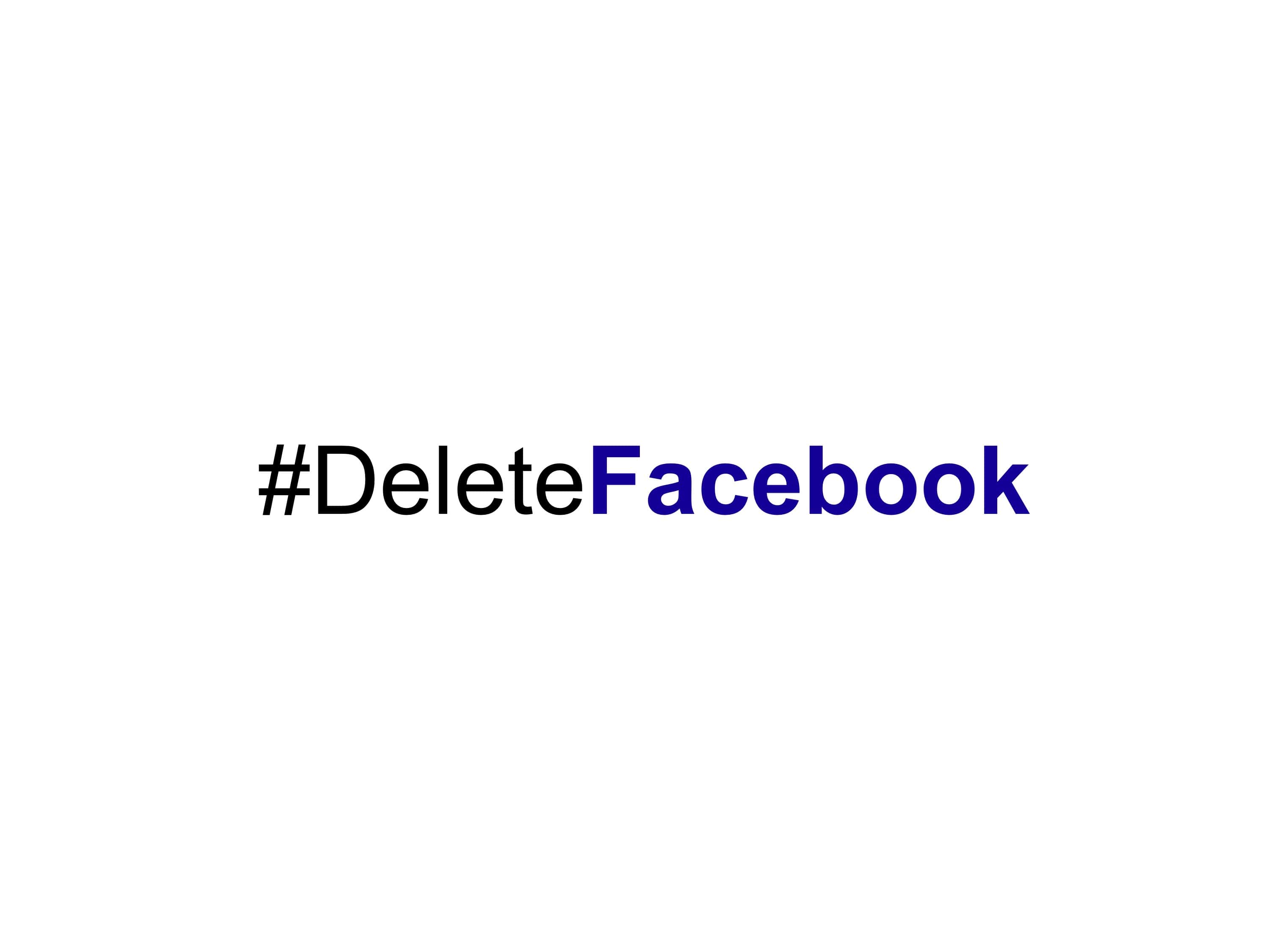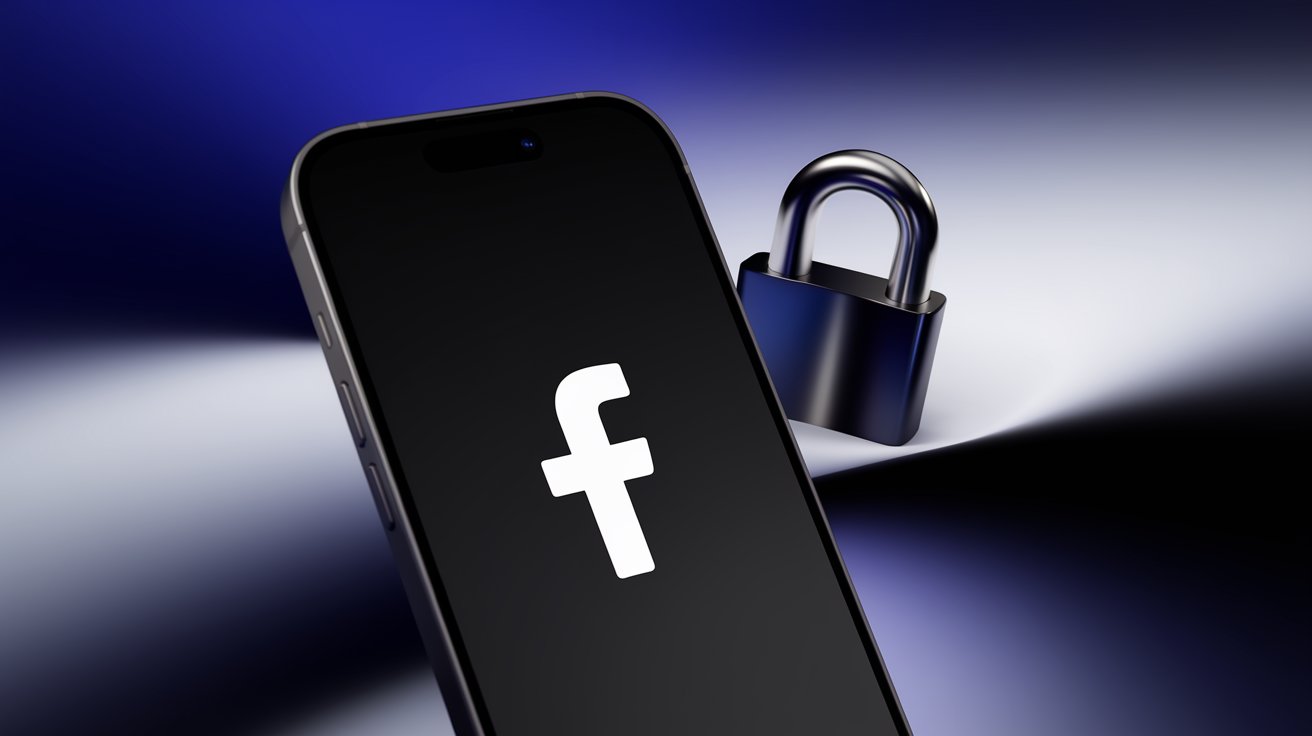The story of the Facebook privacy settlement is a decade-long saga of broken trust, and it's ended with a huge $725 million fund to compensate users whose data was mishandled. This settlement is the biggest recovery in a U.S. data privacy class action, but the individual payouts aren't that big. This has led to criticism that it's not enough to stop a corporation of Meta's size.
Let's take a look at the scandal, the legal arguments, Meta's response, and the harm to users. We'll also share important tips on how to protect your privacy in an age where data collection is everywhere.
What Happened?
Back in 2023, Facebook (now Meta) agreed to a $725 million settlement. And it's not just because of one breach, but because of years of unchecked data misuse.
This Facebook privacy settlement is the largest in U.S. history related to user privacy. It was about a system designed to mine user data at scale, with minimal oversight, and massive implications.
It all began in 2018. Cambridge Analytica, a political data firm, had quietly harvested data from tens of millions of Facebook users. Most had no idea their personal information was being collected and sold for political targeting. This included likes, interests, and even private messages.
Over the years, the number of lawsuits has increased. It turned out that Facebook had allowed third parties to access user data without getting the right consent. By 2023, the Facebook user privacy settlement had been finalised, but the payouts are still trickling out in 2025.
Why Did It Happen? Genesis of the Breach

To understand the lawsuit, we first have to understand the privacy failure that caused it. The whole Cambridge Analytica affair was more than just a data breach. It showed that there's a big problem with platforms growing too fast and not thinking enough about user privacy.
Facebook's Technological Backdoor: Open Graph API
Facebook wasn’t hacked; it was engineered that way.
APIs (Application Programming Interfaces) are how developers interact with Facebook’s systems. Around 2010, Facebook launched its Open Graph platform and API to integrate with third-party apps. A key feature allowed developers to access data not only from their app's users but also from those users' friends. This "friend-of-a-friend" data access prioritised platform growth over individual privacy, creating a systemic vulnerability. So it wasn’t a bug, but a feature.
The Architect of the Harvest
In 2013, Cambridge academic Aleksandr Kogan developed a personality quiz app called "This Is Your Digital Life" for his company, Global Science Research (GSR). Cambridge Analytica paid GSR to set up the app, and they offered users a small payment to take the quiz. About 270,000 to 320,000 people downloaded the app and gave it permission to access their data. The app also used the Open Graph API to collect data from the friends of these quiz-takers, gathering information from around 87 million users, mostly in the U.S., who had never given consent. Kogan later said he was just a scapegoat, and the FTC settled with him and Cambridge Analytica's CEO for using deceptive tactics.
The Weaponization of Data: Cambridge Analytica's Political Micro-targeting
Cambridge Analytica used the harvested data to build detailed psychological profiles of voters, modelling personality traits and psychological vulnerabilities. This data was used in the political campaigns of Ted Cruz, Donald Trump's 2016 presidential run, and the U.K.'s Leave.EU Brexit campaign. The idea was to get voters to change their minds using highly personalised adverts, including "dark posts" that were only visible to certain people, turning personal data into a tool for political manipulation.
Who Was Affected?
The Facebook user privacy settlement specifically covers any U.S. resident who had an active Facebook account between May 24, 2007, and December 22, 2022.
That is a 15-year window. So if you had a Facebook profile during that time – even if you barely used it – your data was vulnerable, and you could join the class action. While an estimated 28 million claims were initially filed, court documents suggest around 18 million were valid and made it through the verification process. However, the real number of affected individuals is closer to 87 million.
The Harm and Risks to Users
The Facebook privacy settlement only covers the tip of the iceberg in terms of what actually happened behind the scenes. When Facebook handed your data to third parties without your consent, a shadow version of you was created. This version was analysed, exploited, and sold.
- Unauthorized data sharing: Facebook let third-party apps crawl inside your life without your consent. Not just your profile, but your friends’, your photos, your events, your habits.
- Psychological and political manipulation: The harvested data was used to create psychographic profiles for targeting individuals with manipulative political advertising. This transforms users from members of a social community into targets for psychological influence operations.
- Biometric misuse: Facial recognition tech ran silently in the background, mapping your face in every tagged photo. That data can be linked to surveillance systems, AI models, and unauthorized profiling.
- Third‑party access to messages and contacts: Some apps pulled metadata from your private messages. Others requested access to contact lists. Now imagine the ripple effect: if your friend installed a sketchy app, your data got pulled in.
- Chilling effect and loss of control: Repeated, high-profile privacy failures can create a chilling effect, whereby users may feel compelled to self-censor or limit their online interactions for fear of how their data might be misused. This reduces the value of the social network itself, resulting in a loss of individual autonomy and control over user's digital identity.
Consequently, users lost faith and cases of identity misuse surged. Some reported fraud, while others were blackmailed. Many did not even realise that they had been affected by the breach until years later.
Legal & Financial Penalties to Facebook
Public outcry quickly translated into legal action, resulting in the largest data privacy class-action settlement in US history.
The Main Class Action
The landmark lawsuit: In re: Facebook, Inc. Consumer Privacy User Profile Litigation. It resulted in the $725 million settlement for violating user privacy. This is the one at the center of the Facebook user privacy settlement headlines.
The Settlement by the Numbers
The FTC Smackdown
In 2019, the Federal Trade Commission slapped Facebook with a $5 billion penalty for repeated failures to comply with privacy regulations. A record-setting fine in the tech industry.
Biometric Scandal in Texas
The State of Texas sued over unlawful biometric data collection—specifically, facial recognition and voiceprints. Meta agreed to a $1.4 billion settlement in that case alone.
Investor-Led Lawsuits
Meanwhile, Meta investors weren’t quiet. They filed suits claiming executives misled them about privacy risks. In Delaware, these suits resulted in nearly $8 billion in settlements, targeting internal leadership and board members.
The Facebook privacy settlement is just one chapter in the legal saga that caused the world to rethink the concept of digital trust and how tech giants can no longer hide behind vague terms and obscure settings.
Meta's Response
When the pressure finally became too much, Meta had no choice but to speak up and address the issues.

The pressure wasn't just in the courtroom, but also a widespread protest. The #DeleteFacebook movement exploded across the internet, with users – from ordinary people to high-profile tech figures – publicly abandoning the platform. This viral user exodus clearly signalled to advertisers and shareholders that user trust had been broken.
After years of denial and evasion, not to mention data breaches, the Facebook privacy settlement forced the company to change its public and legal stance. But was this a genuine reform, or merely damage control?
Public Apologies, Legal Adjustments
Meta has issued statements accepting no wrongdoing, while also agreeing to pay out hundreds of millions. It's a classic example of the Big Tech approach: pay up, change direction, and move on.
But pressure from regulators, lawmakers, and public outcry forced deeper moves.
What Changed Internally?
Meta began rolling out:
- Stricter internal privacy policies for data sharing and retention.
- Transparency reports to show what data is collected and how it's used.
- Independent privacy audits, with third-party oversight of Meta’s practices.
- Redesigned its settings menu, created "Privacy Shortcuts," and restricted developer access to data.
It’s a step forward. But for many users, the damage has already been done. Rebuilding trust after this situation will take more than PDFs and PR.
How to Protect Yourself From Such Incidents

The stark lesson from the Facebook privacy settlement is that you are your own last line of defence when it comes to privacy. You can’t control what Big Tech does. But you can build a privacy shield around your digital life.
Here’s a real-world checklist to protect yourself, not just from Facebook’s next stumble, but from any platform that touches your data:
Immediate Actions (5-Minute Fix)
- Review app permissions: Go through your Facebook, Instagram, and Google accounts ("Apps and Websites" settings). Revoke access to old apps you no longer use.
- Disable biometric login: Turn off facial recognition wherever it’s enabled.
- Adjust Facebook privacy settings: Tighten who can see your posts, photos, and friend list.
- Limit third-party integrations: Don’t use the "Log in with Facebook" button on other websites and services. Each time you use it, you create another data bridge back to Meta.
Broader Digital Hygiene
- Understand the business model: Before you use any completely "free" service, ask yourself how it makes money. If you're not the paying customer, you are the product being sold. Their entire infrastructure is built to watch, analyze, and monetize your behavior.
- Strengthen account security: Use a strong, unique password or a passphrase, store them in a secure password manager, and enable Two-Factor Authentication (2FA), preferably with an authenticator app rather than SMS.
- Deploy digital shields: Install tracker blockers and privacy-focused browser extensions. Tools like uBlock Origin and Privacy Badger are essential; they block invisible trackers that follow you from site to site.
- Switch your search engine: Stop feeding Google's data machine. Privacy-first search engines like DuckDuckGo or Brave Search don't track your search history, giving you a powerful layer of anonymity.
- Check for breach exposure: Regularly use a free service like 'Have I Been Pwned?' to check if your email addresses or passwords have been compromised in known data breaches. If you get a hit, change that password immediately.
- Reject data-for-convenience: Approach every 'fun' quiz or app that asks for account access with extreme scepticism. The temporary entertainment isn't worth giving up your personal data.
- Limit data sharing on your profile: Check all public profile information and set the default audience for future posts to 'Friends', bearing in mind that this is not foolproof either.
Secure Your Email
Many people underestimate the power of email. It's the key that unlocks your social media accounts, online banking, online shopping accounts, and sensitive healthcare platforms. It's where you receive business contracts, legal documents, and personal messages. In short, your email inbox is a detailed, searchable archive of your life. Protecting it is the foundation of digital self-defense.
- Abandon big tech's data mines: Most free email providers like Gmail and Outlook are not free. You pay with your privacy, and their business model is data collection. With billions of users, they are the number one prize for hackers, making them the focus of constant, sophisticated phishing attacks. Moreover, such services create a "digital fingerprint" of your life that you never opted into.
- Create separate identities with aliases: Never use a single email address for everything. Create email aliases to sign up for different services. This protects your primary inbox from spam and data breaches.
- Choose a provider built on privacy: Choose a private email provider that offers end-to-end encryption and allows anonymous sign-up with minimal data collection. Their business model should be protecting your privacy, not selling your data.
Choose Atomic Mail for Private Email Communication
If your email isn’t private, your whole online identity is exposed.
Atomic Mail is built to fix that – plain and simple.
What You Get with Atomic Mail:
- End-to-End Encryption: Your messages stay between you and your recipient.
- Zero-Access Encryption: We can't access your messages, even if we wanted to.
- No Data Collection: We don’t track, scan, or profile you.
- Anonymous Sign-Up: No phone number, additional emails, or ID required.
- Free Email Aliases: Mask your real address when signing up for services.
- Self-Destructing Messages: Send emails that expire on your terms.
- Seed Phrase Recovery: Ditch the phone numbers and backup emails that leak your identity.
- GDPR Compliant: Your rights, respected by design.
We built Atomic Mail for people who are tired of surveillance capitalism and anyone who refuses to let Facebook, Google, or data brokers turn their lives into ad inventory.
👉 Sign up for Atomic Mail now and stay private



